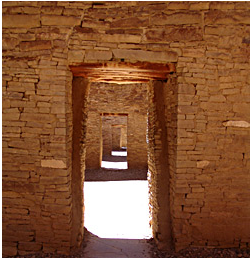Publication Date
5-1-2022
Abstract
Leadership is a central subject of interest in anthropology and the evolutionary social sciences more generally because of its ubiquity in human societies as well as its role in the evolution of cooperation, social complexity, and social hierarchy. Explaining the variation in the form and functions of leadership across different societies and settings remains a major challenge for social scientists. Although it is often associated with social hierarchy, here I argue that leadership can and does evolve even in egalitarian settings where leaders cannot hope to fully make up the burdens and expenses associated with their service. I further show how norms promoting the devolution of power and authority to leaders can incentivize more effective leadership, albeit at the risk of increasing social inequality and corruption. I explore these dynamics with empirical data from two small-scale farming societies, as well as a game-theoretical model of public service.
Keywords
Leadership, Game theory, Moseten, Tsimane, Bolivia
Document Type
Dissertation
Language
English
Degree Name
Evolutionary Anthropology
Level of Degree
Doctoral
Department Name
Anthropology
First Committee Member (Chair)
Hillard S. Kaplan
Second Committee Member
Siobhan Mattison
Third Committee Member
Martin Muller
Fourth Committee Member
Michael Gurven
Fifth Committee Member
Christopher von Rueden
Recommended Citation
Seabright, Edmond. "An Empirical and Theoretical Analysis of Leadership in Two Egalitarian Horticultural Societies." (2022). https://digitalrepository.unm.edu/anth_etds/202

